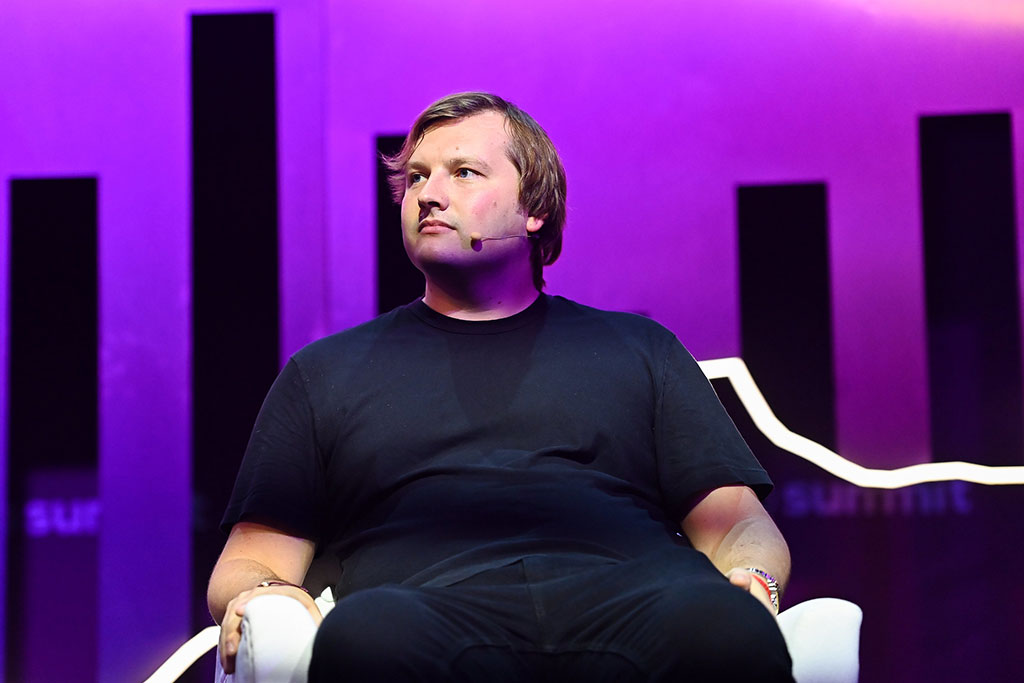The European Union (EU) has expressed anger over controversial remarks made by China’s ambassador to Paris, Lu Shaye, about the sovereignty of Ukraine and other former Soviet states. Lu’s comments have prompted calls for Beijing to clarify its stance, as EU foreign ministers label the statements “unacceptable.”
Diplomatic tensions over Ambassador’s remarks
Lu Shaye, known as one of China’s “wolf warrior” diplomats, caused a stir among European capitals when he seemed to question the sovereignty of Ukraine and other ex-Soviet states in an interview aired on French TV.
His comments were met with strong disapproval from several EU foreign ministers, who urged Beijing to clarify its position on the matter.
Czech Foreign Minister Jan Lipavsky called Lu’s comments “totally unacceptable” and expressed hope that the ambassador’s superiors would address the issue.
In addition, Lithuanian Foreign Minister Gabrielius Landsbergis said the three Baltic countries would summon Chinese representatives to officially ask for clarification and check if China’s position had changed.
In response to the uproar, China’s foreign ministry spokesperson Mao Ning stated that Beijing respects the status of the former Soviet member states as sovereign nations, following the collapse of the Soviet Union.
Mao’s remarks aimed to distance the Chinese government from Lu’s comments and alleviate tensions with the union.
Mao noted that China has been “objective and impartial” on issues of sovereignty. Meanwhile, French officials plan to hold a “very firm” discussion with Ambassador Lu at the French foreign ministry.
EU assessing and recalibrating strategy towards China
EU foreign policy chief Josep Borrell revealed that the bloc would assess and recalibrate its strategy towards China at Monday’s meeting, with Lu’s comments being a topic of discussion. “We will have to continue discussions about China; it is one of the most important issues of our foreign policy,” he said.
Furthermore, EU Council President Charles Michel announced that the union leaders would discuss the bloc’s stance towards China and its future relations with Beijing during their next summit in June.





